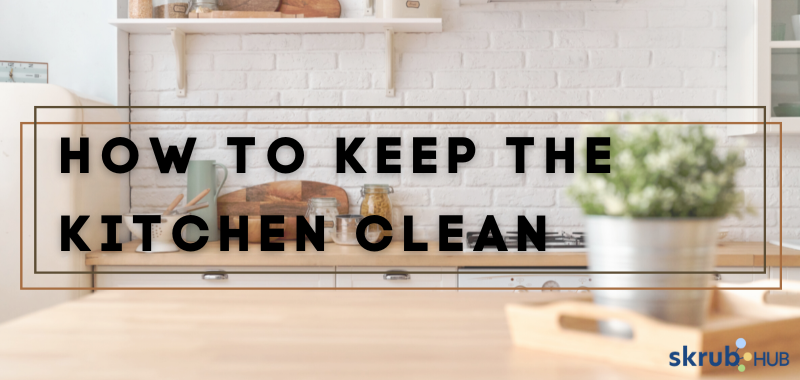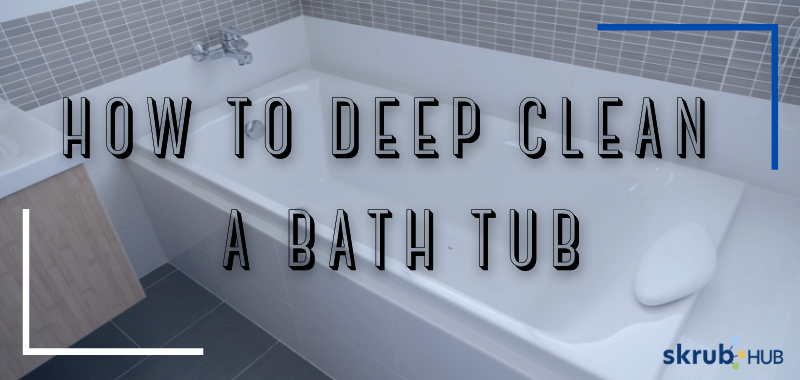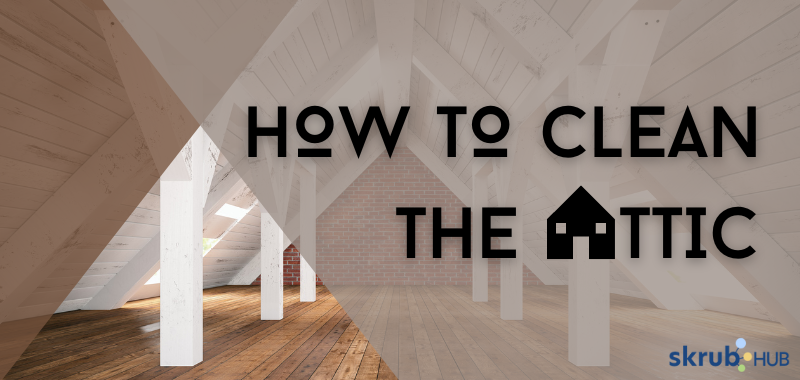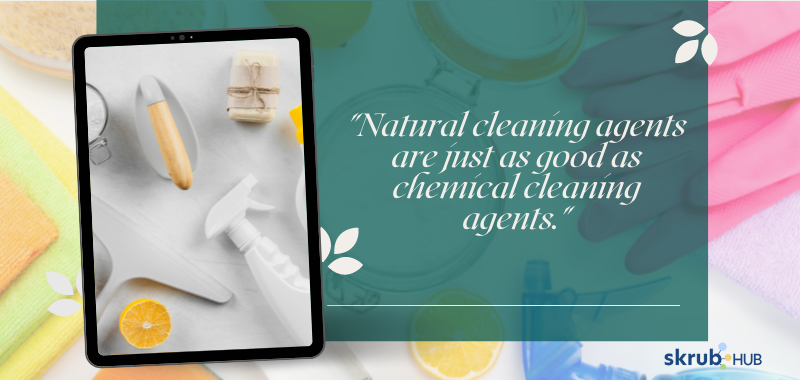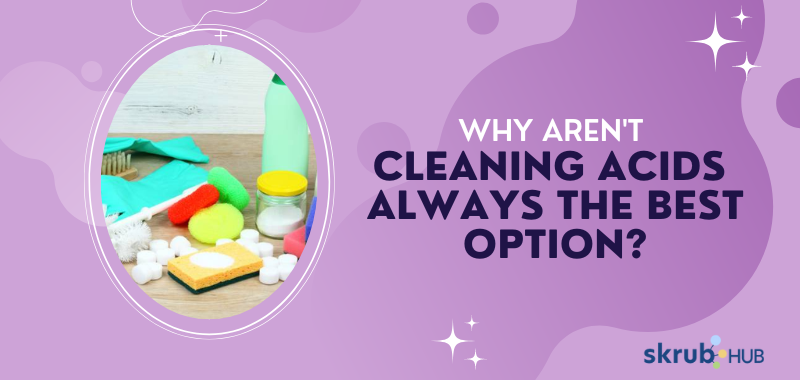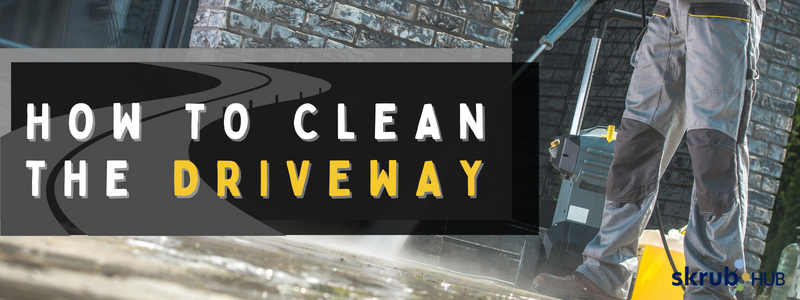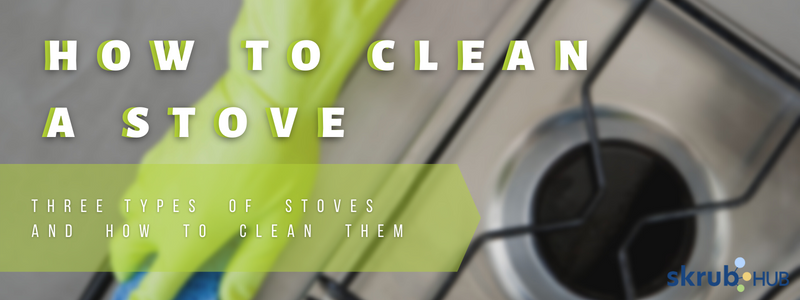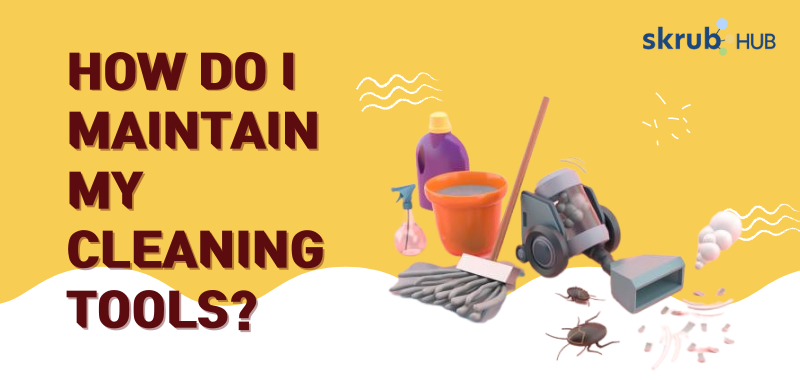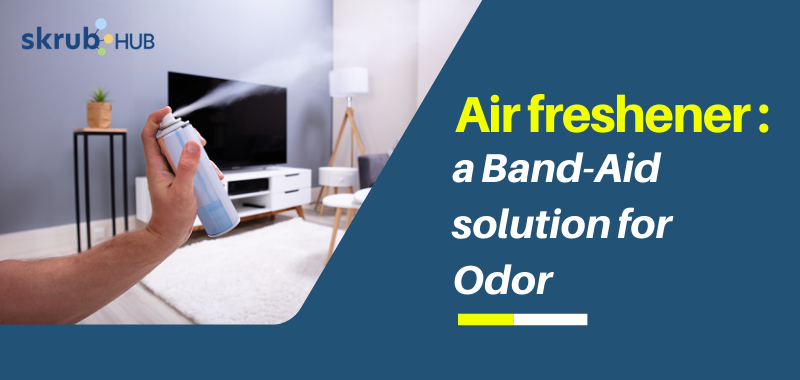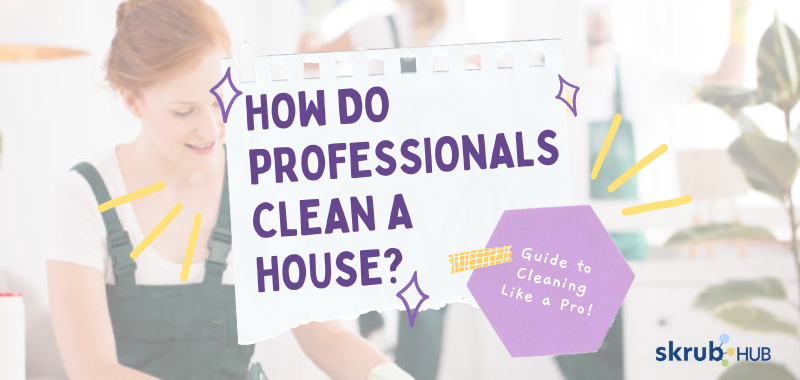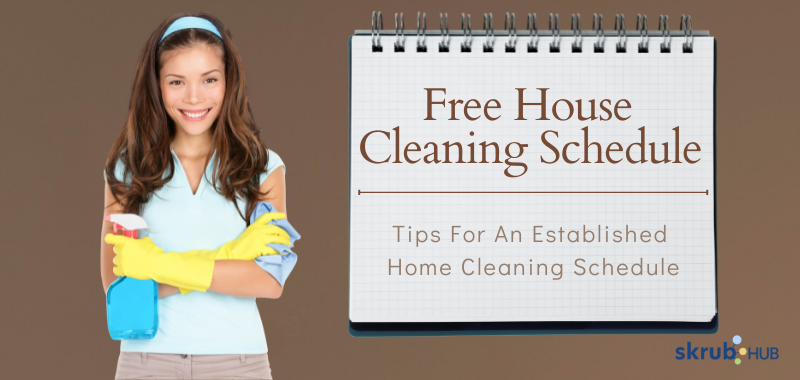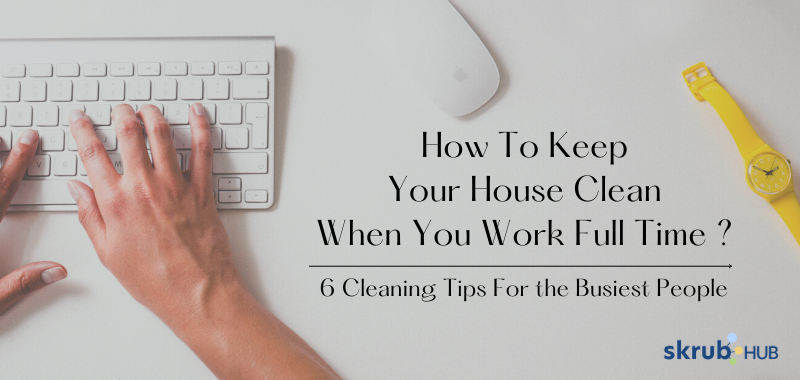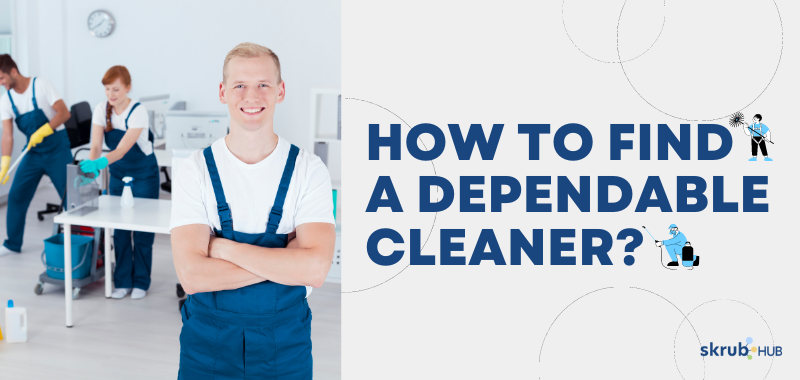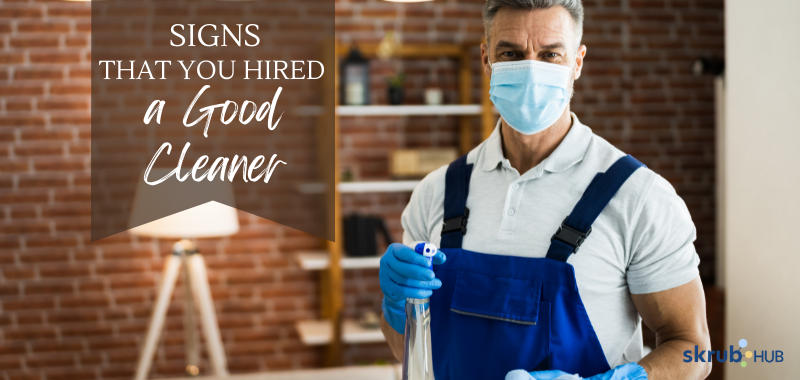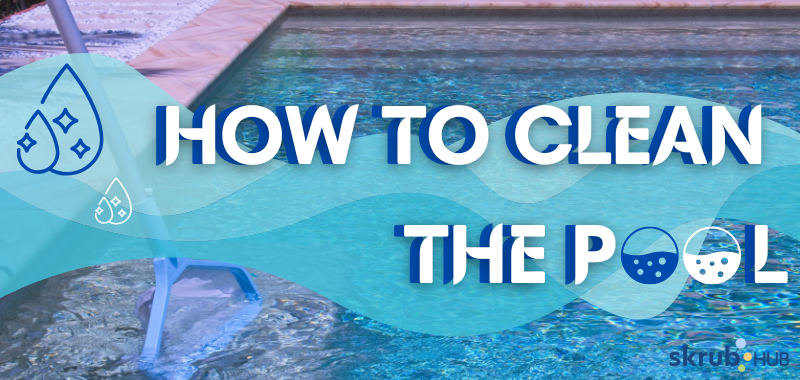
How to Clean the Pool
How to Clean the Pool
When was the last time you had your pool cleaned? We mean thoroughly cleaned it. Could it be that your pool desperately needs a good scrubbing right now, and you’ve been putting it off because, let’s face it, cleaning the pool isn’t nearly as enjoyable as swimming in it? Look, we all slack off now and then. We’re only human. But here’s the thing: if you don’t clean your pool regularly—and in the right way—you’ll eventually find yourself unable to swim in it because it’s too dirty.
Swimming pool ownership is as luxurious and exciting as most people believe. Some people outsource the work to pool cleaning services regularly. Still, it can be expensive unless you’re a big-time businessman or celebrity. Instead of spending so much money on your pool, you can do it yourself. With the right equipment and an understanding of what and how often you need to clean your pool, you can have year-round pool parties at home with family and friends while maximising your home investment. Skimming, brushing, and vacuuming your way to a spotlessly clean pool won’t take long with the right tools and a little hard work.
Why is Pool Cleaning Important?
Why should I bother scrubbing or cleaning my pool when I add chlorine or other sanitising chemicals to the water, you may be asking yourself. It’s a good query, and we have a response. Consider it in this way. Most people use shampoo and shop, which are cleaning agents when you take a shower. But does the cleanliness of your tub last forever? Not. Shampoo and soap, not tile, porcelain, or fibreglass, are intended to clean your body. You’ll eventually start to notice buildup and disgusting soap scum.
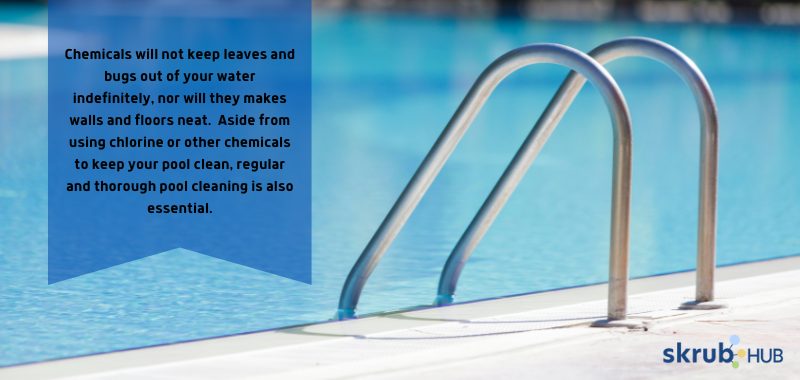
Chemicals will not keep leaves and bugs out of your water indefinitely
Normally, if you don’t clean the pool regularly, you’d find yourself bathing in a swamp after a while. Then, mould may begin to grow because your tub and shower walls are frequently wet. Isn’t that going to be fun? It’s the same with your pool. The chemicals Chlorine, bromine, and others help keep your water clean, and to some extent, the chemicals will also help keep the walls, floor, and surrounding areas of your pool clean. However, chemicals will not keep leaves and bugs out of your water indefinitely, nor will they make walls and floors neat. So there are no excuses. Aside from using chlorine or other chemicals to keep your pool clean, regular and thorough pool cleaning is also essential.
How Often Should I Clean my Pool?
Swimming is always a must for family outing itineraries, especially during summer. The pool and beach are great places to cool off the scorching heat and provide a fun family activity. Nowadays, more and more people realise that having a private pool in their backyard offers more benefits than swimming in a public pool. Private pools are more convenient to access, you don’t have to travel just for a swimming day, and you can stay in the pool for as long as you want. In addition, cleaning the pool allows you to create more happy memories with your loved ones.
On the other hand, Pool owners frequently overlook that owning a pool entails significant responsibility. The pool must be maintained and cared for regularly; otherwise, it may cause various accidents, diseases, and infections. Keeping your pool clean is just one of many aspects of swimming pool care. To keep your pool clean and uncontaminated, have it cleaned at least once a week. You can buy and install various pool cleaning tools and equipment to make cleaning easier and faster. Doing so will avoid creating scenarios that you will regret later.
How to Clean the Pool: A Step-by-Step Guide
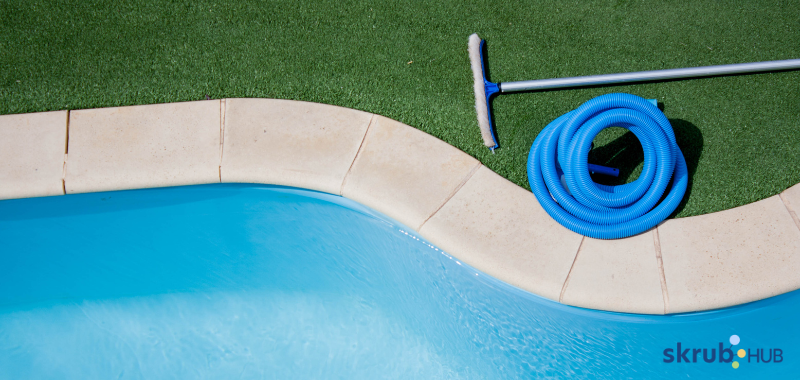
How to Clean the Pool: A Step-by-Step Guide
We recommend purchasing the following items to thoroughly clean above-ground or in-ground pools:
- Pool Net
- Pool Brush
- Pool Vacuum Cleaners
- Filter Cleaner
9 Methods: An Overview
- Skim off any Debris
- Shock the Pool
- Use the Brush
- Vacuum the Pool
- Clean the Pool Filter
- Balance out the Pool Water
- Use a Pool Cover
- Use the Filter for over Eight Hours a Day
- Make Sure there are No Leaks
1 Skim off any Debris
Skimming any debris is a straightforward first step that is critical to the success of all subsequent efforts. First, start skimming the pool with a pool net to remove all floating debris. A pool full of floating debris will almost certainly have a clogged filter, so do this regularly.
2 Shock the Pool
Shocking the pool entails “adding enough chlorine to increase the chlorine level to 8-15 ppm.” Algae and other organic matter will be killed as a result of this. Do this at night because most pool shocks lack stabilisers and will burn off if exposed to sunlight. ‘Leave the pool alone overnight.
3 Use the Brush
‘Wash the walls and the floor.’ Brush the pool walls and floor vigorously with a pool brush to remove scum and algae. Using the brush is a critical mechanical cleaning step that will assist you in removing any buildup and algae from your pool’s walls. A pool brush can be purchased from Amazon.
4 Vacuum the Pool
Connect a pool vacuum to your filter or pool valve and begin vacuuming. Vacuuming the pool will prevent any dirt or debris on the pool’s bottom from entering the filter.
5 Clean the Pool Filter
How to learn how to clean a pool filter? First, turn on the filter and wait 2-5 days for the water to clear. You may need to clean the pool filter several times during this step. Maintain an eye on the pressure gauge. Clean the filter when the pressure is about ten psi higher than usual. Next, the filter cartridge must be removed and cleaned with the best garden hose and spray nozzle.
6 Balance out the Pool Water
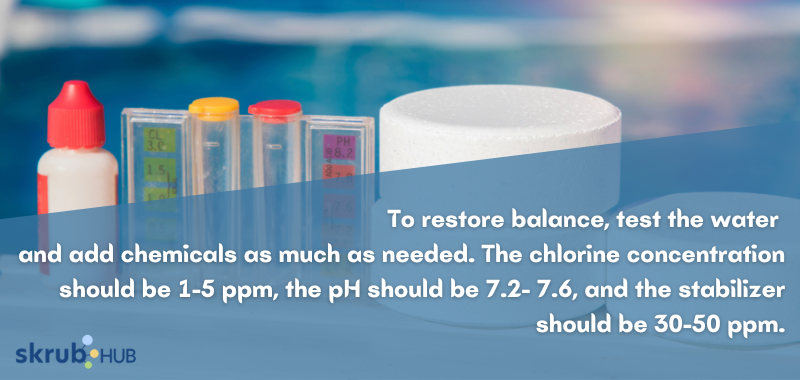
Balance out the Pool Water
Test the water and add chemicals as much as needed to restore balance. The chlorine concentration should be 1-5 ppm, the pH should be 7.2- 7.6, and the stabiliser should be 30-50 ppm.
7 Use a Pool Cover
Cover the pool using a pool cover when not in use. Most of the dust, leaves, pollen, and leaves that land in pools will be kept out; keeping the pool bottom clean will be extremely difficult without a pool cover.
8 Use the Filter for over Eight Hours a Day
The filter cleans the water by removing dust and organic matter. If the filter isn’t working, it’s time to get a replacement pool filter cartridge. Different cartridges will have different diameters, so ensure you get the same size as your current one.
9 Make sure there are No Leaks.
To keep it clean, inspect your pool for leaks regularly. Most pools get quickly dirty because leaks cause foreign object intrusion that can easily pollute the water and rock the ph level consistency.
Final Takeaway
Yes, it requires regular maintenance, but that doesn’t mean you’ll spend your days labouring over a vacuum or fiddling with your chemistry set. Indeed, when you understand how your pool works, what care it requires, and how to plan, you may find yourself taking pride in your pool care abilities. Not only will you enjoy your swim, but you’ll also appreciate the peace of mind that comes with regular and thorough pool maintenance.
Related Post
How to Keep the Kitchen Clean A clean and safe kitchen is an essential step toward a healthy home. A...
How to Deep Clean a Bath Tub The bathtub is one of the few household chores that few people can...
How to Clean the Pool When was the last time you had your pool cleaned? We mean thoroughly cleaned it....
How to Clean the Attic The attic is probably one of those places in your home that you don’t think...
Natural cleaning agents are just as good as chemical cleaning agents When you shop for products you will use, those...
Why aren’t cleaning acids always the best option The pieces of furniture we have and the fixture inside our houses...
How to clean the driveway? Your home’s first impression always matters, as portrayed by the front of your house. Therefore, cleaning...
How to clean the driveway? Your home’s first impression always matters, as portrayed by the front of your house. Therefore, cleaning...
How to clean a stove? – Three types of stoves and how to clean them Cooking is an essential part of...
How do I maintain my cleaning tools? – Tips for long-lasting cleaning essentials! As a cleaner, your cleaning tools can be...
How can I clean the wall marks without damaging the paint? Every part of the house is essential to clean. It...
Air freshener: a Band-Aid solution for Odor Having a squeaky clean finish is essential in cleaning an area. However, generating a...
How Do Professionals Clean A House? – Guide to Cleaning Like a Pro! Commonly, a home is one’s safe spot to...
Free House Cleaning Schedule – Tips For An Established Home Cleaning Schedule Cleaning is part of the daily routine that one...
How To Keep Your House Clean When You Work Full Time – 6 Cleaning Tips For the Busiest People Having a...
How To Find A Dependable Cleaner Most individuals today find it hard to take some time to clean their homes. Business...
9 Signs That You Hired A Good Cleaner In this current pandemic, it’s more vital than ever to maintain your home...


